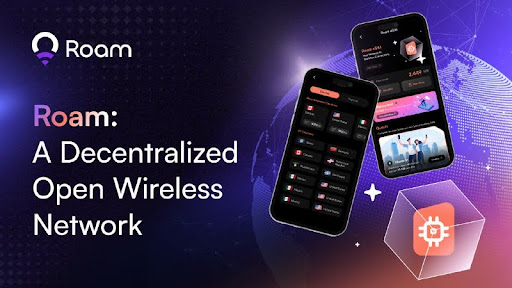Synergis Capital: Roam is Pioneering Decentralized Telecom and Reshaping the Traditional Telecom Industry

Challenges and Transformations in the Telecom Industry
Driven by the wave of global informatization, the traditional telecom industry faces unprecedented challenges. The industry is grappling with the increasing upfront investment pressure of 5G technology while struggling to transform its revenue model. Revenue from traditional communication services is on a decline due to competitive pressure, leading to lackluster performance in value-added services. Despite generating 50% more revenue than internet giants, the profitability of leading U.S.-listed telecom companies is only 30% of the latter. This disparity reflects investors’ lack of confidence in the telecom industry’s capital-intensive models with limited growth potential.
Limitations of Traditional Telecom Business Models
Traditional telecom operators are hindered by outdated business models that rely on long-term contracts and fixed fees for network access. This ‘pay-to-use’ model is inefficient in the digital age, restricting user flexibility and hindering customer experience. In contrast, internet services offer free access, enabling greater user choice and market penetration. Telecom operators risk being reduced to mere ‘pipes’ that transmit internet traffic without participating in high-value services. To overcome this challenge, operators must shift towards free access models to enhance network effects and deliver high-value services directly to users.
Roam: Revolutionizing Telecom with Decentralization
Roam has emerged as a decentralized telecom innovator, disrupting the industry with its free access model and integration of Web3 technology. By achieving significant user growth and deploying nodes without massive marketing investments, Roam has attracted attention from traditional operators. Roam ranks second on depinscan.io, a DePIN data analysis platform.